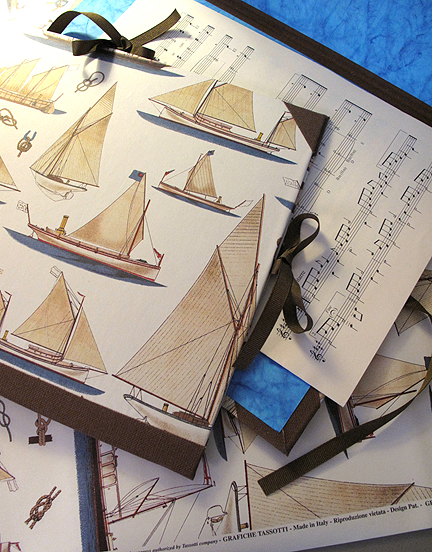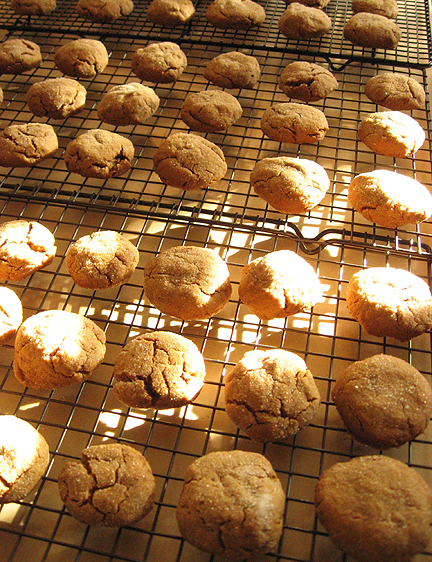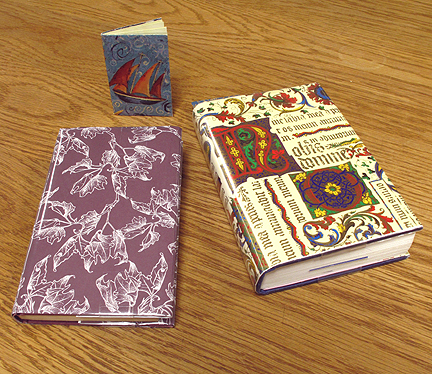“Love of beauty is taste... The creation of beauty is art.”
~ Ralph Waldo Emerson, Nature, ch. 3
1
Years ago, I had a friend named Robert Park. He was an elderly neighbor, and I would run errands and shovel snow for him; then we would enjoy great conversations over coffee in his very cluttered and book-filled living room. He was originally from Cambridge, Massachusetts- and he pronounced his name without sounding the R’s. Invariably, we would talk about politics. With exasperation, he would say, “It just gets worser all the time; worser and worser.” It was difficult to completely agree with him, wishing so much to follow my aspirations. Even though he’s gone now, I continue to muse about his sad admittance. Is it true? If it is, would I start saying this? These are brutish and grim times, all around. Globally and personally. While I flail at my dubious career and strive against the brink of losing my housing, I remain at heart an artist who thinks about hopeful aesthetics. For a long time, I’ve been crafting things that accentuate beauty in the midst of ugly times. There is profound worth, understated as it may be, in beautifying the commonplace and the daily components of living. Having inherited aesthetic tastes from my family, I think of them when I create things and decorate, using good materials. Cooking and baking, I choose my ingredients with care, and set out meals as I was raised to do. Presenting sensitively made objects and foods to others is a way to demonstrate compassion, even if it is modest and simple.
2
Ralph Waldo Emerson observed that “beauty is a wayside sacrament.” Tangible signs of invisible grace are to be respected, and that itself is a reverence for aesthetics. Indeed, beautification and its appreciation directly affect the life of the spirit. Moreover, in such destructive and violent times, spiritual health is all the more imperative. I am well aware of the greater need for balance, eloquence, good reading, and sundry reminders of the sacred now more than ever. Recently, in the Boston Athenaeum manuscripts room, I read the words of Philip Doddridge (18th century) which include: “The care of the soul is the one thing needful, because without it you cannot avoid a state of eternal misery,” adding that- as we all know- misery can be aggravated if we aren’t paying attention to the health of our spirits. Of the topic of the One Thing Needful, as coined in the Bible, Ezra Stiles Gannett (19th century) wrote that it would be a living and active personal faith. Gannett observed that a conscientious and practical faith provides foundations for our pursuits and our work, as it can:
“...endue a person with a divine spirit, can clothe them with an invincible energy, can empower them to go on their course rejoicing through good report and through evil report, through labor and sickness and penury, through loss of friendship and of home even, till death closing this scene shall introduce them to the reward of their faith and patience. The feebleness of our faith prevents our experiencing or illustrating the full efficacy of religion. O Lord, increase our faith; that it may triumph over every obstacle, and may preserve us in obedience to thy holy will, and in hope of thine everlasting favor.”
In my pursuits of continuing my artisanry and active faith, while desperately trying to find a place to live, I’ve decided to keep on being creative. The life of purging, packing, searching, and going to work amount to a wall of hurry-up-and-wait. Writing needn’t cease to be important; in fact, my journals and thoughts have increased as sheltering venues. Having already packed up most of my things, various loose papers accompany me through my daily rounds. I thought I’d design and create folios made with beautiful materials, for carrying and organizing my projects.
Months ago, I had purchased large sheets of Tassotti paper which had arrived from Europe damaged by the shipping. The sheets were meant to be for bookbinding projects, but creased and dented as they were, the paper seemed perfect for “welding” via adhesives to rigid chipboard stock- though I still needed to flatten the damaged paper as well as possible. Trimming and designing the folios, the nautical motifs looked all the more appropriate, as I am striving to persevere in forward motions. Matching the colors of the paper, I used brown bookcloth and ribbon which were among my conservation and binding supplies. Reinforcing the folios with strong and acid-free components, I lined the interiors with thick, handmade paper: blue for the ocean and sky. I tried two different sizes, and made a few extras with an additional nautical-themed paper.
Making these, and giving some as gifts, further reminded me about my love of beautifying the ordinary. Ironically, devotional books and Bibles tend to be made with drab covers and poor-quality bindings. I remake these, too, since I regularly carry such books with me, and tend to keep them for long periods of time- often personalizing their structures.
3
About as ironic as drab-looking production bookbindings that are filled with inspiring words, I currently experience more stability at work than at home. The latter was always the other way around. These intensely anxious times tinge and threaten the most routine of activities. When my errands cause me to drive along pretty residential streets that are lined with neat houses and tidy lawns, my grief surfaces with the intensity of an exile. Surely a broadbrush observation, I see an ocean of haves from the excluded vantage point of a have-not. The gentrified-out are driven east of Eden. And far, far too many have much less than even my modest means and employment. So very many are homeless, subjected to misery and injustices that are unconscionable. I wonder what tourists think, when they see people sleeping in doorways and along the sidewalks of this now-blatantly stratified small city.
While I’ve been pushed to the brink, I also bear witness to the present landscape along with the years that led to these prohibitive conditions. Mere observations with open eyes reveal the sicknesses of these times. But alongside sensitivity and acts of compassion, mental strength is vital. But we must also attend to the immediacy of our midst, particularly as it involves matters such as housing and sustenance. While distracting myself with slivers of creativity in a wilderness of undetectable mercy, my thoughts ponder the question of what to do when something beautiful comes to an end. It has long been in my nature to preserve, to restore, to reinforce. Perhaps the wider question is to consider that which should be designed to last.






































